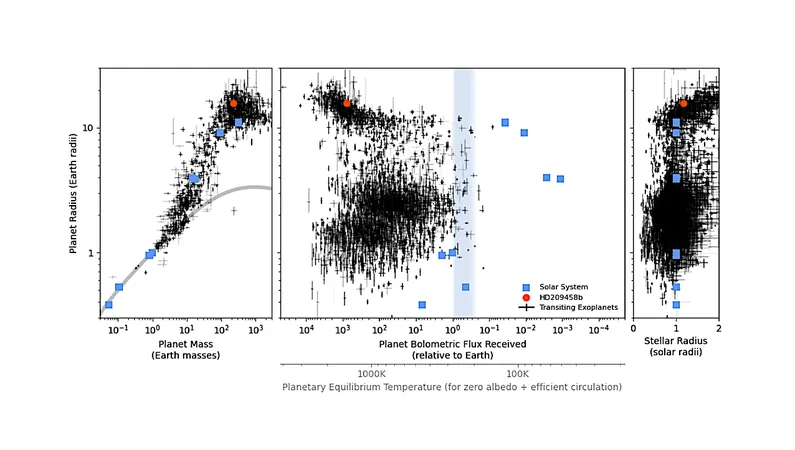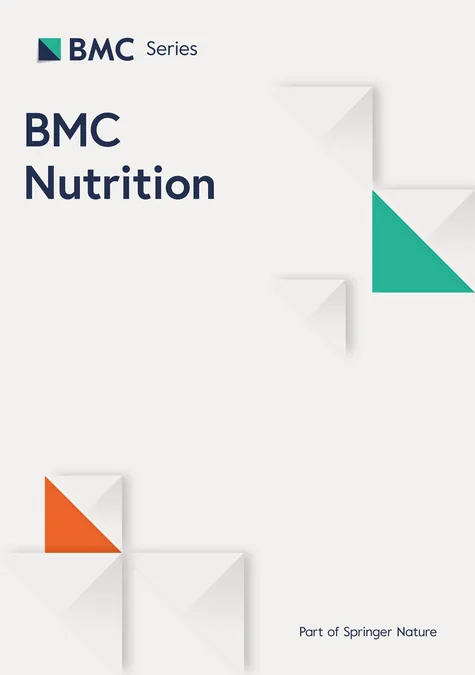
Shocking Findings: Atrial Fibrillation Patients Are Still at High Risk for Recurrent Strokes!
2025-05-29
Author: John Tan
Stark Reality for Atrial Fibrillation Patients
In a shocking revelation from recent research presented at the European Stroke Organisation Conference 2025 in Helsinki, Finland, patients grappling with atrial fibrillation (AF) who have previously suffered an ischemic stroke face alarming risks for future strokes. Even those on oral anticoagulants are not safe, as a meta-analysis shows a staggering one in six will endure another ischemic stroke within five years.
The Uncomfortable Truth About Anticoagulation
Jane Buckley, a researcher from Mater Misericordiae University Hospital in Dublin, highlighted these dire statistics, revealing that one in five AF patients is vulnerable to either ischemic or hemorrhagic strokes despite being under anticoagulant therapy. Unsettlingly, those whose initial strokes occurred while on anticoagulants face even higher risks of recurrent events.
Dr. John McCabe, the lead investigator on the study, warned, "As a community, we may have become too complacent about the efficacy of direct oral anticoagulants (DOACs). While they do reduce stroke risks, the data clearly indicates a significant residual risk remains for these patients."
The Importance of Adherence and Holistic Care
McCabe emphasized the critical need for physicians to ensure that patients stick to their prescribed medication regimens to mitigate risk. However, he also pointed out that relying solely on DOAC therapy is insufficient. Complementary strategies such as lifestyle adjustments and management of comorbidities like hypertension and diabetes are essential.
Dr. Andrei Alexandrov, an outside expert, echoed the sentiment, urging that patients shouldn't only consult cardiologists but also stroke neurologists for comprehensive assessments to tackle various risk factors.
Staggering Statistical Insights
The systematic review analyzed data from a staggering 78,733 patients over a total follow-up of 140,307 years across 23 studies. Notably, 92% of these patients were discharged on oral anticoagulants. The findings revealed that the annual incidence of recurrent ischemic strokes stood at 3.75%, with noninterventional studies showing an even higher rate of 4.20%.
More alarming was that in patients whose initial stroke happened while on anticoagulation, rates of recurrence soared to 7.20% for ischemic strokes and 8.96% for any stroke.
A Call to Action: Rethinking Prevention Strategies
McCabe underscored the urgent need for new clinical trials exploring additional preventative measures for AF-related strokes. One promising avenue is the investigation of left atrial appendage occlusion as a supplemental stroke protection method for patients who have already experienced a stroke despite DOAC therapy.
Furthermore, the study calls for advancements in risk stratification, allowing for better identification of patients at the highest risk who would benefit most from aggressive intervention. Currently, tools like the CHA2DS2-VASc score fall short for post-stroke patients.
The Takeaway: Vigilance is Key!
The findings from this analysis serve as a clear warning: both patients and healthcare providers must remain vigilant in managing stroke risks amidst the complexities of atrial fibrillation. Utilizing a comprehensive approach that balances medication adherence with lifestyle changes could pave the way for significantly better health outcomes.



 Brasil (PT)
Brasil (PT)
 Canada (EN)
Canada (EN)
 Chile (ES)
Chile (ES)
 Česko (CS)
Česko (CS)
 대한민국 (KO)
대한민국 (KO)
 España (ES)
España (ES)
 France (FR)
France (FR)
 Hong Kong (EN)
Hong Kong (EN)
 Italia (IT)
Italia (IT)
 日本 (JA)
日本 (JA)
 Magyarország (HU)
Magyarország (HU)
 Norge (NO)
Norge (NO)
 Polska (PL)
Polska (PL)
 Schweiz (DE)
Schweiz (DE)
 Singapore (EN)
Singapore (EN)
 Sverige (SV)
Sverige (SV)
 Suomi (FI)
Suomi (FI)
 Türkiye (TR)
Türkiye (TR)
 الإمارات العربية المتحدة (AR)
الإمارات العربية المتحدة (AR)